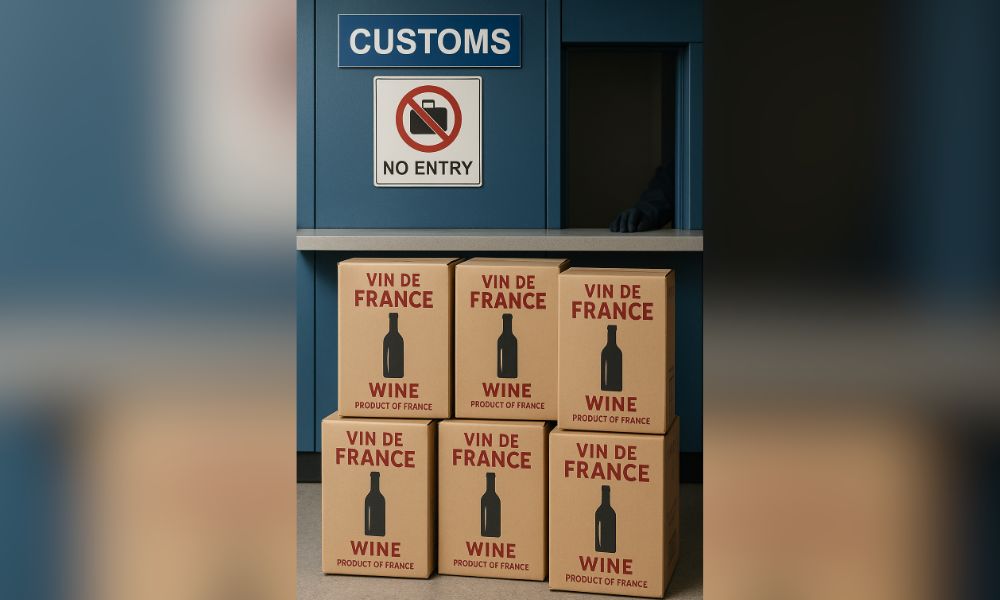FRANCE'S REINSURANCE PLAN FOR WINE AND SPIRITS EXPORTS
Source: insurancebusinessmag.com
The European Commission has authorized a temporary measure allowing France to extend state-backed reinsurance for wine and spirits exports to the United States.

The approval permits access to an existing €5 billion reinsurance scheme, managed by French export credit agency Bpifrance, during a two-month window from May 8 to July 8.
The move comes after the US government imposed retaliatory tariffs on several trade partners, including the EU. A 20% duty on EU exports to the US was announced, though a 90-day deferral has temporarily delayed its enforcement. As a result, the Commission authorized Cap Francexport to include the US in its list of eligible destinations.
The US is the largest export destination for French wine and spirits, with sales totaling approximately €3.8 billion in 2024, based on figures from French industry group FEVS. The initiative enables French beverage exporters to ship products to the US before new tariffs take effect. The measure is part of an effort to address a shortage of export credit insurance for transactions involving US buyers.
According to a report from GT Review, the temporary move will help mitigate the effects of tariffs introduced by the administration of President Donald Trump. It said that “due to the shortage of export credit insurance, certain risks are temporarily non-marketable for French exporters of wine and spirits to the US.”
French authorities required clearance under European Union state aid regulations, which limit the circumstances in which export credit agencies (ECAs) may offer coverage for marketable risks that could otherwise be handled by private insurers. The Commission said the initiative was “necessary, appropriate and proportionate” to support French beverage exports.
Meanwhile, the public reinsurance scheme developed by the European Central Bank (ECB) and the EU’s insurance authority EIOPA has seen a response from AM Best, with the credit agency noting that while the initiative could provide meaningful support to the region’s insurance markets, key operational details remain unresolved.


